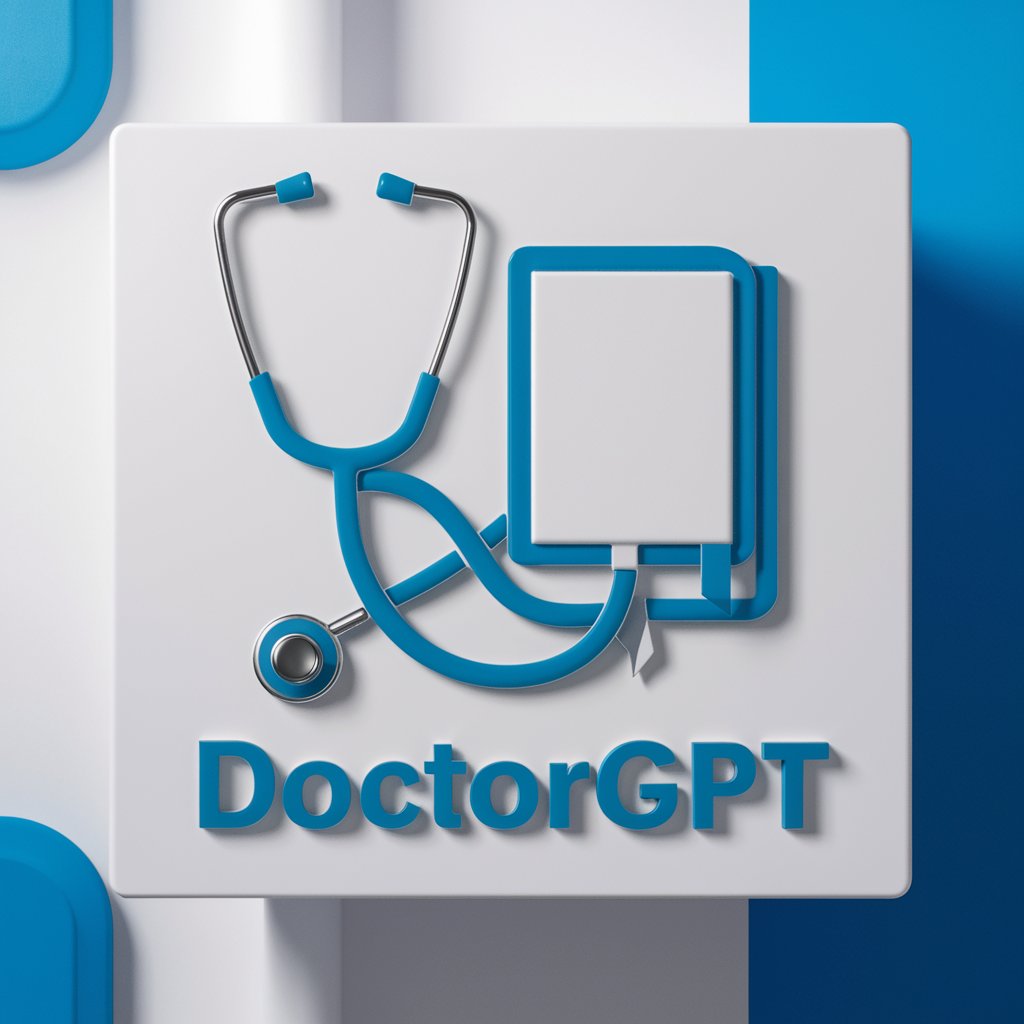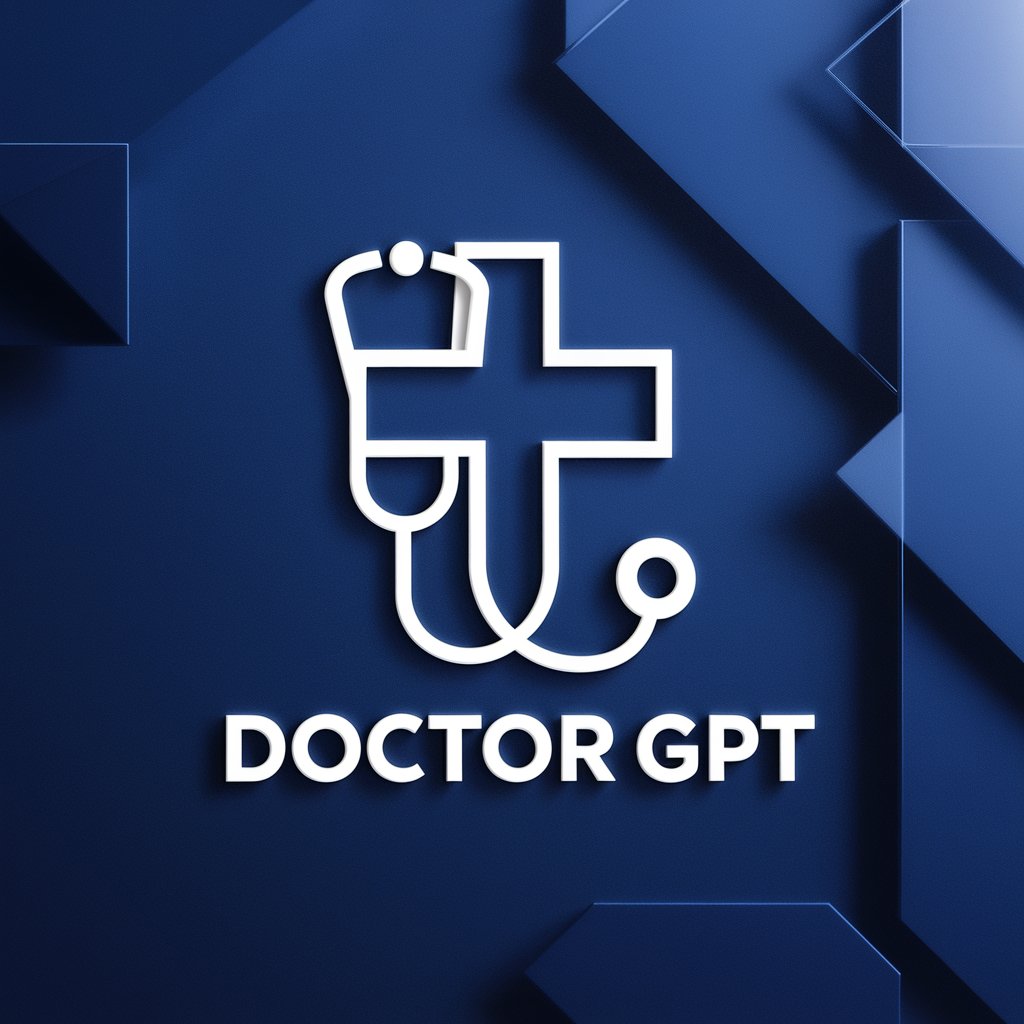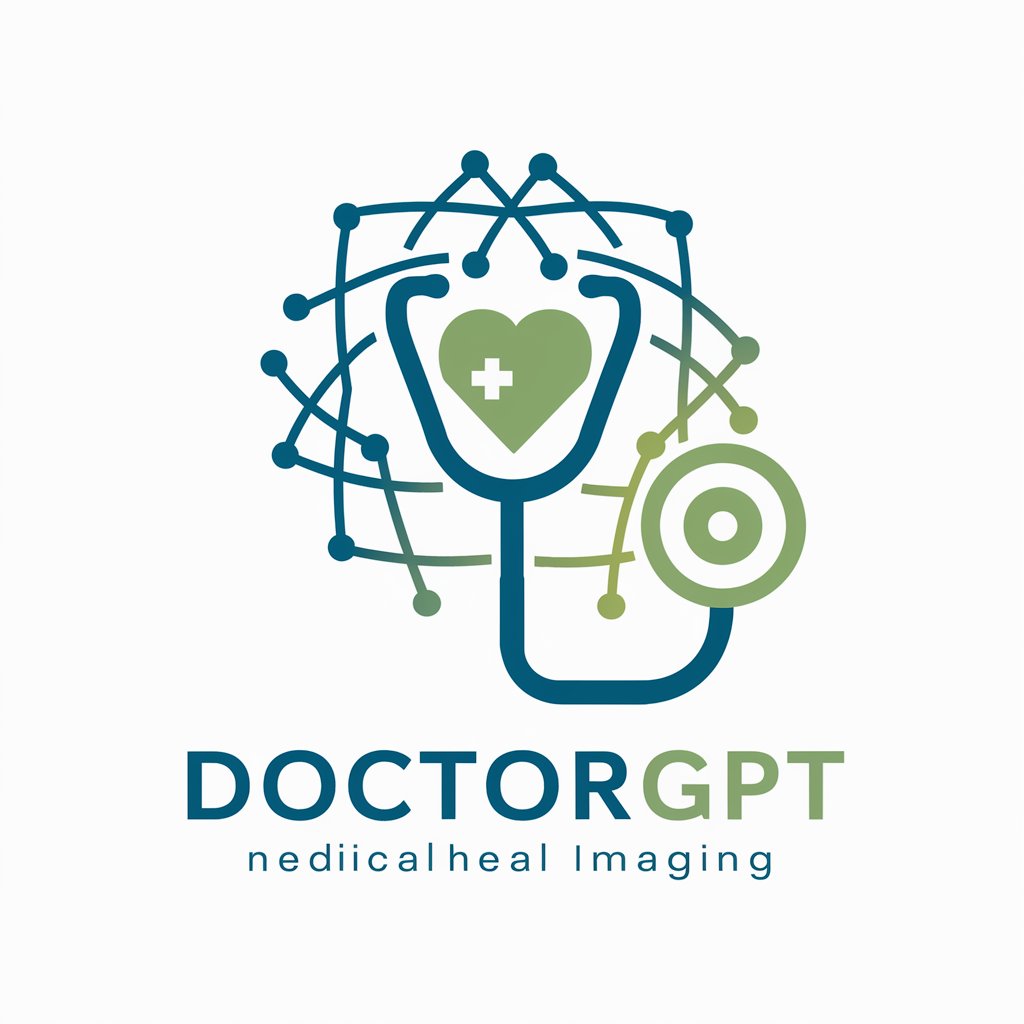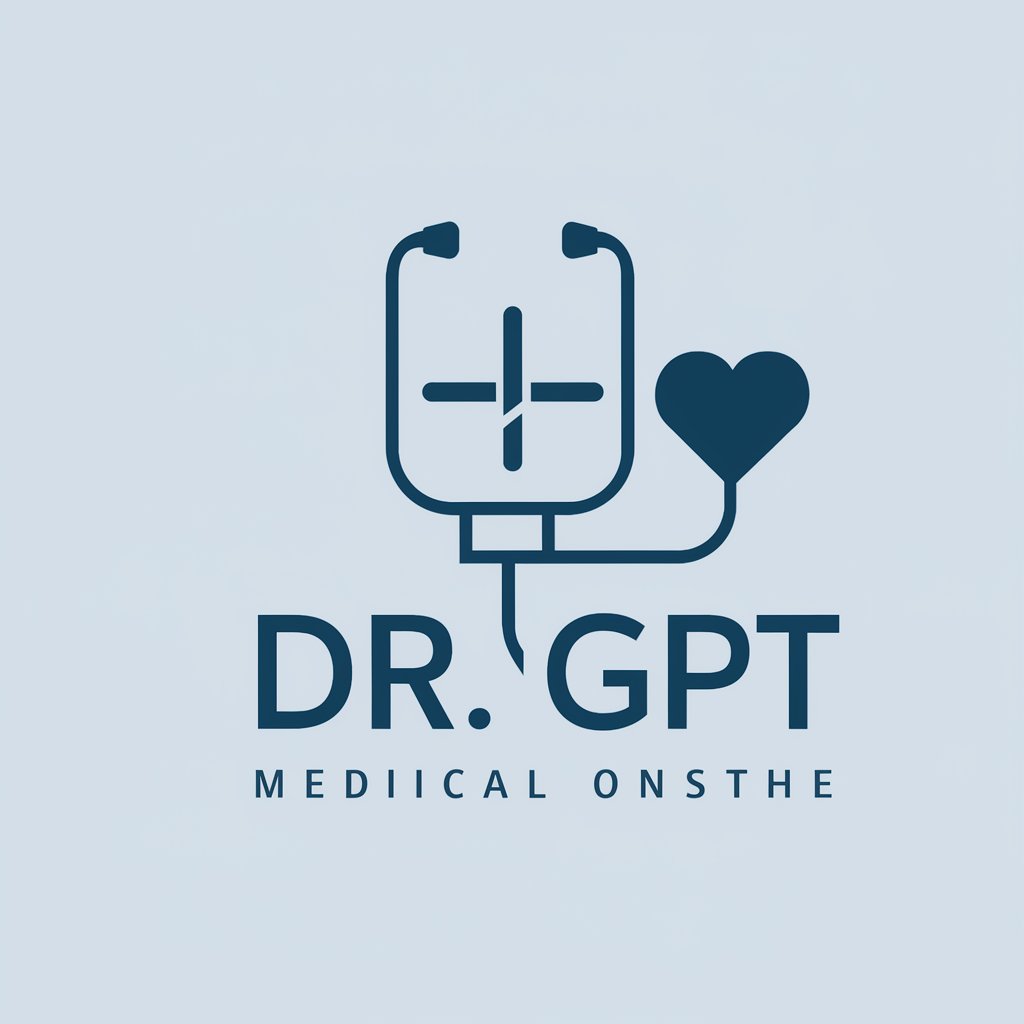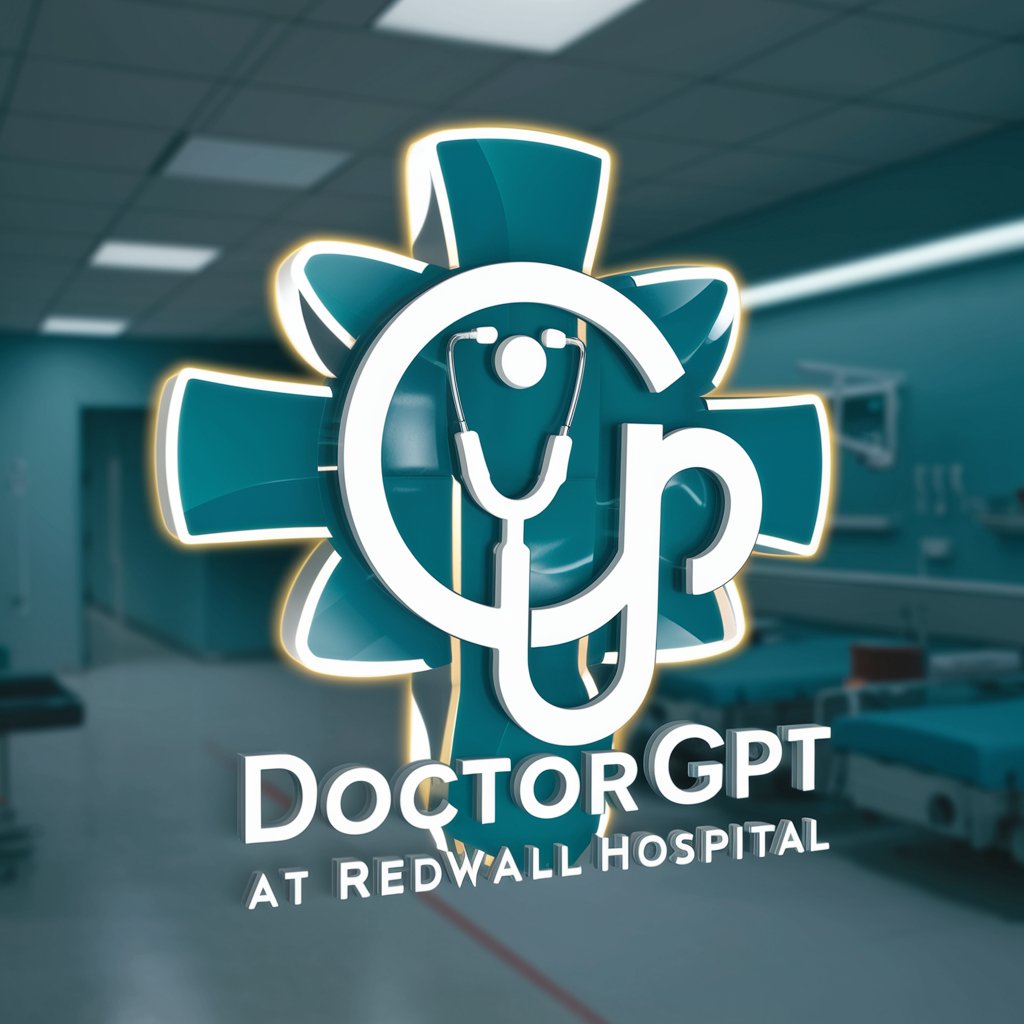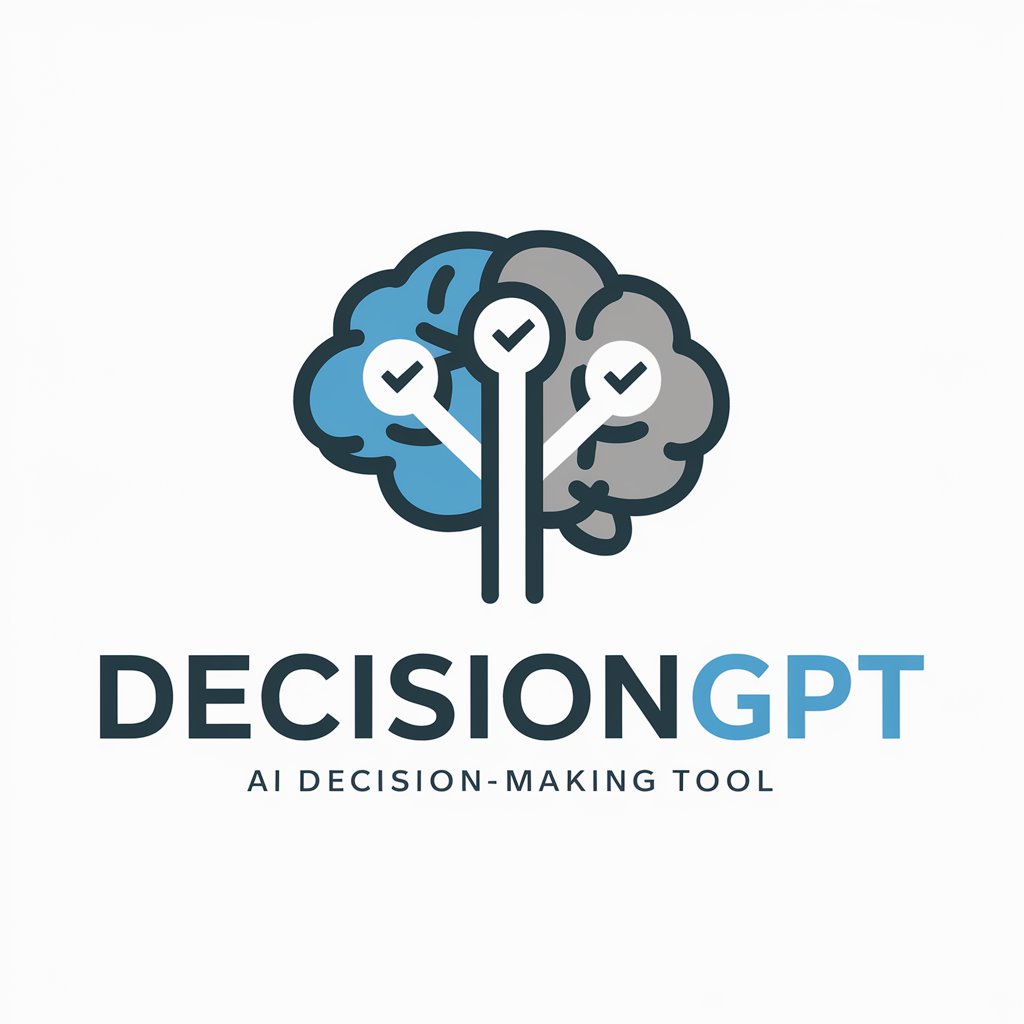
Clinical Decision Support GPT - AI-Powered Medical Insight
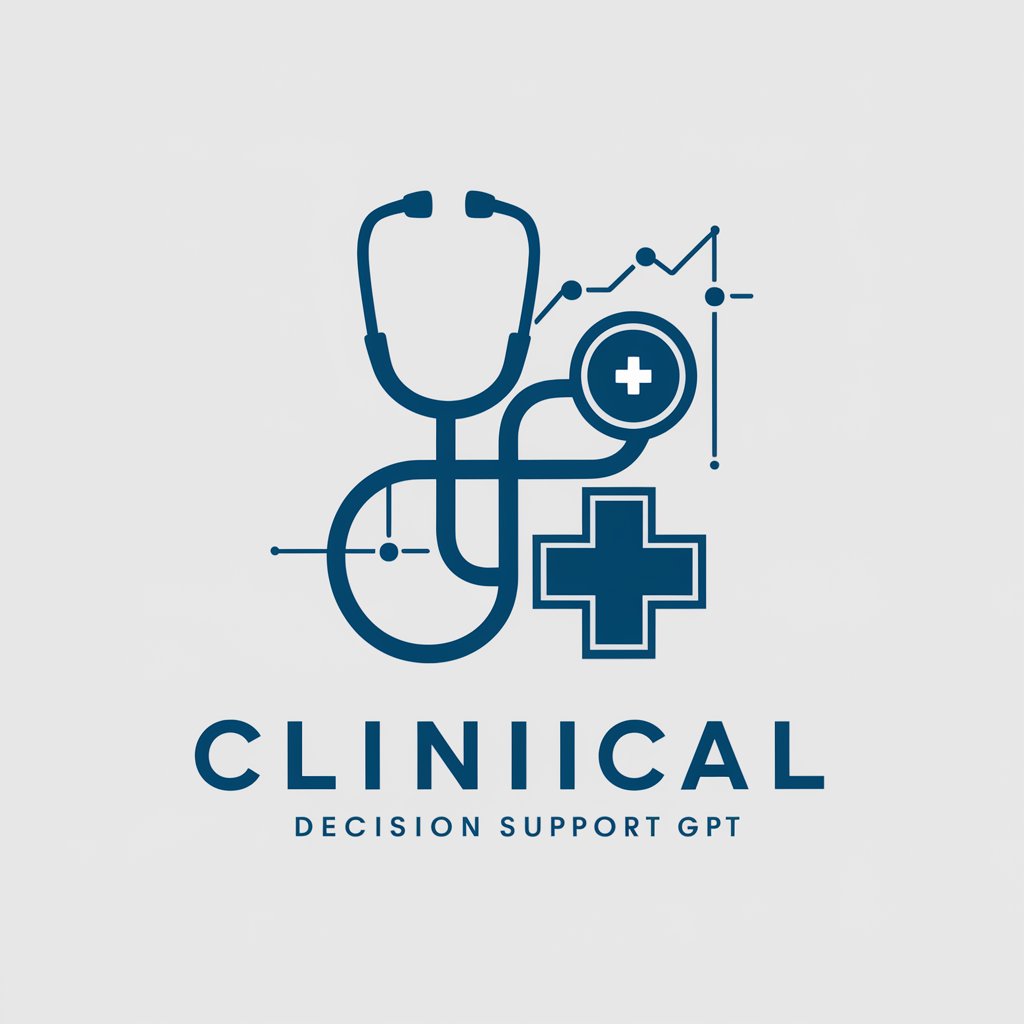
Welcome to Clinical Decision Support GPT.
Enhancing Medical Decisions with AI
Analyze the differential diagnosis for...
What are the evidence-based treatment options for...
Explain the pathophysiology and potential complications of...
Evaluate the clinical presentation and diagnostic workup for...
Get Embed Code
Overview of Clinical Decision Support GPT
Clinical Decision Support GPT is designed as an advanced analytical tool to aid medical professionals in decision-making processes. It synthesizes vast amounts of medical knowledge, leveraging logical reasoning, data-driven insights, and evidence-based conclusions. The system mirrors the analytical thinking of experienced clinicians, offering differential diagnoses, interpreting clinical data, and suggesting evidence-based treatment options. It's not a replacement for a medical professional but a supplementary tool to enhance clinical judgment. Powered by ChatGPT-4o。

Core Functions of Clinical Decision Support GPT
Differential Diagnosis
Example
For a patient presenting with chest pain, the system can list potential diagnoses like angina, myocardial infarction, or gastroesophageal reflux disease, based on symptomatology and risk factors.
Scenario
A cardiologist uses the system to validate their clinical suspicion and explore less common causes of chest pain.
Treatment Recommendations
Example
In a case of Type 2 Diabetes, it can suggest treatment modalities like metformin or lifestyle modifications, referencing current clinical guidelines.
Scenario
An endocrinologist consults the system for updated treatment guidelines and drug interactions in complex diabetic management.
Clinical Data Interpretation
Example
It can interpret lab results, like a high white blood cell count, suggesting possible infections or leukemia, and correlating with patient symptoms and history.
Scenario
A general practitioner uses the system to understand ambiguous lab results in the context of the patient's overall clinical picture.
Target User Groups for Clinical Decision Support GPT
Medical Practitioners
Doctors, nurses, and other healthcare professionals can use this tool for an additional layer of analysis in diagnosis, treatment planning, and interpreting complex clinical data.
Medical Researchers
Researchers in the medical field can utilize the system for data analysis, hypothesis generation, and accessing a wide range of medical literature for their studies.
Medical Students and Educators
Students can benefit from its comprehensive medical knowledge base for learning purposes, while educators can use it to enhance teaching methodologies and case study analyses.

Guidelines for Using Clinical Decision Support GPT
Initial Access
Visit yeschat.ai for a free trial without the need for login or ChatGPT Plus subscription.
Understand the Scope
Familiarize yourself with the Clinical Decision Support GPT's capabilities, particularly its focus on providing data-driven medical insights.
Prepare Your Queries
Formulate specific, detailed medical questions or scenarios to ensure precise and comprehensive responses.
Engage with the Tool
Interact with the tool by posing your prepared questions, and carefully analyze the provided evidence-based responses.
Apply with Caution
Utilize the information as a supplementary decision support tool, always considering a professional medical opinion for clinical decisions.
Try other advanced and practical GPTs
Serenity Now
Humorous advice for peace of mind

Report Assistant
Personalizing Academic Reports with AI

PerfektesGeschenk
Crafting Personalized Gifts with AI

QuickThink AI
Empowering insights with AI precision.

Islam GPT
Unveiling Quranic Wisdom with AI

The Futurist
Envisioning Tomorrow with AI
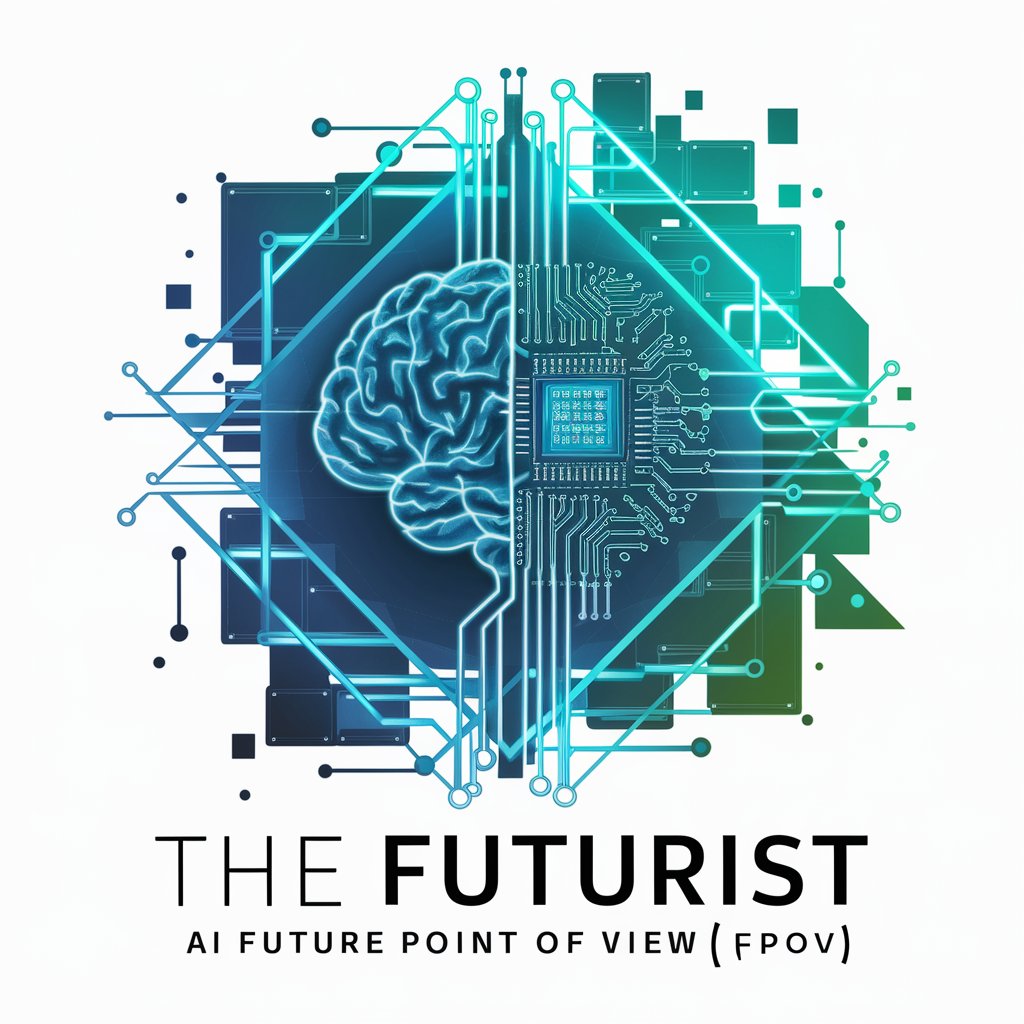
Green Hydrogen Advisor
Empowering green hydrogen innovation with AI

睿智玩意儿
Humor meets wisdom in AI conversations.

Prepper Guide
AI-powered Crisis Readiness
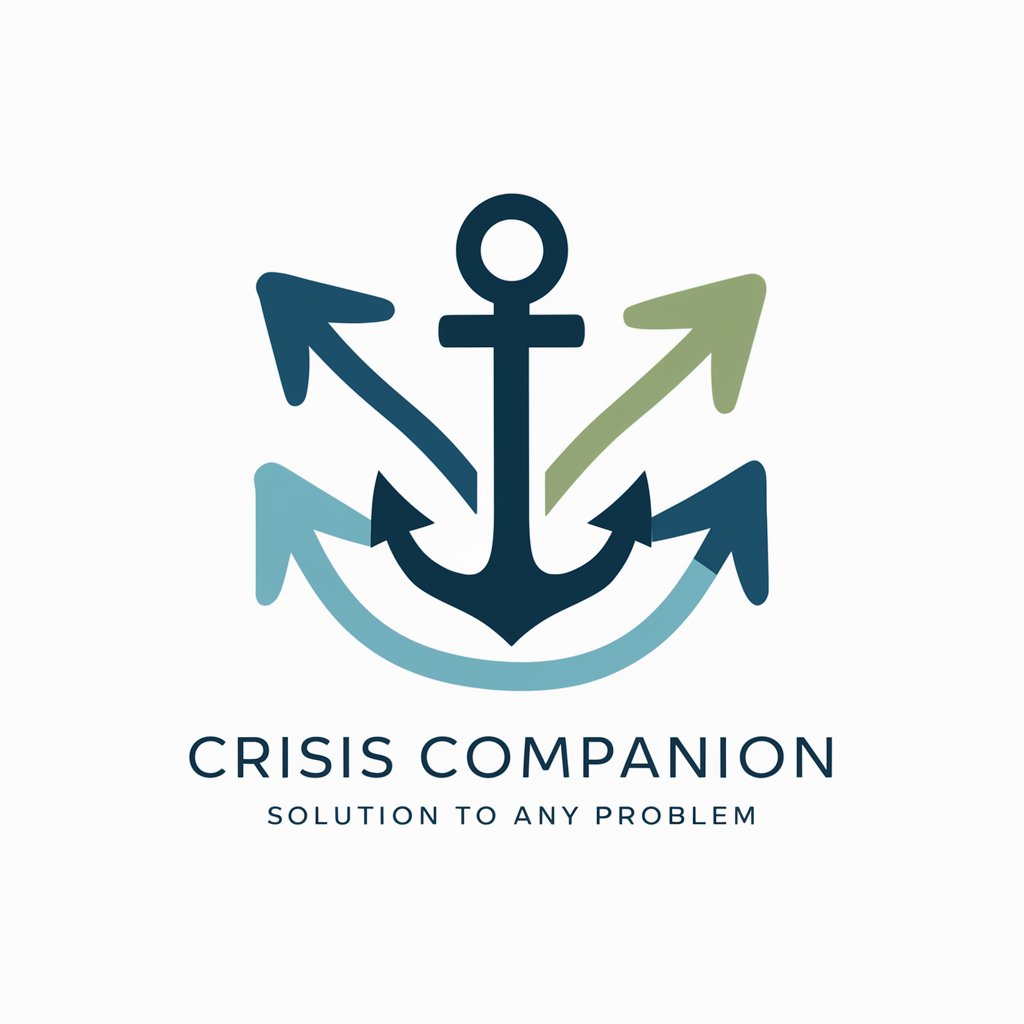
Tip Calculator
AI-Powered, Hassle-Free Tipping

Scientific Calculator
AI-driven precision for complex calculations
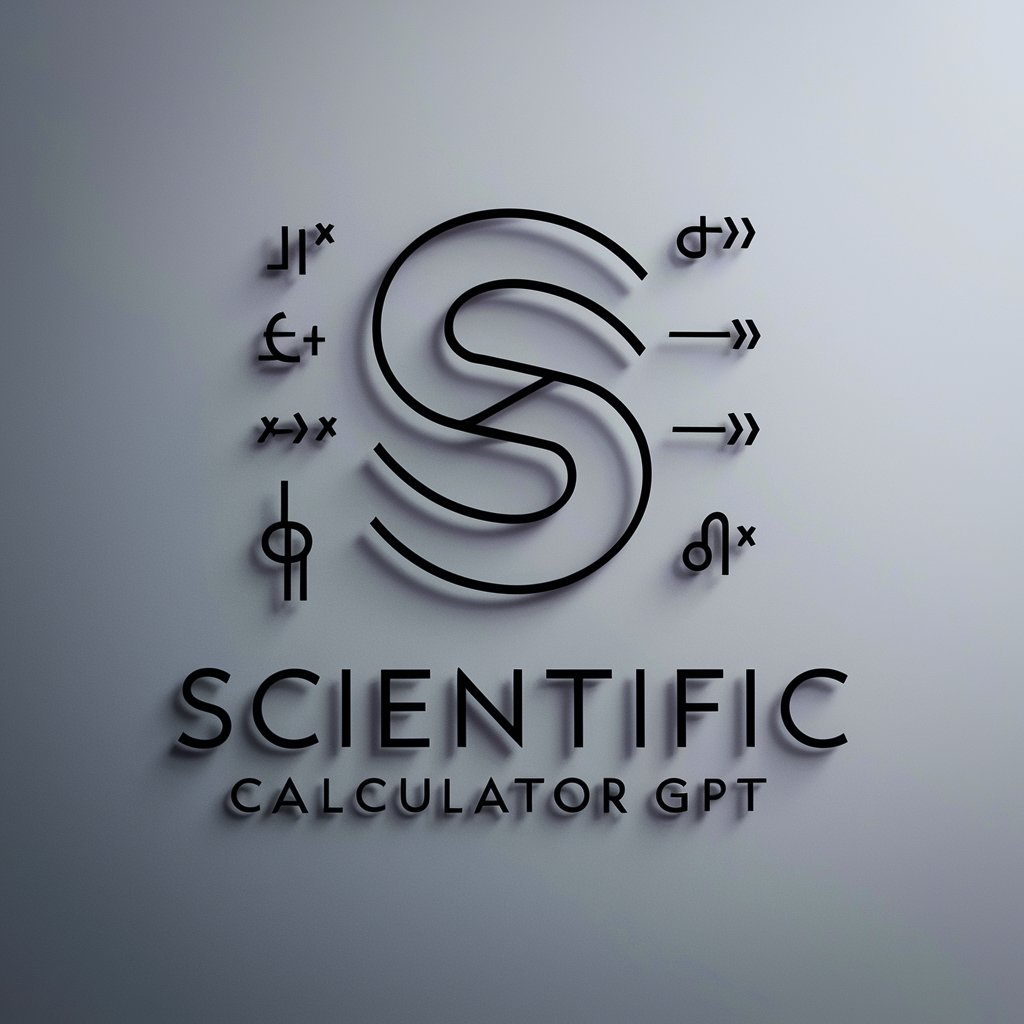
Code Translator
Transforming Code, Powering Innovation
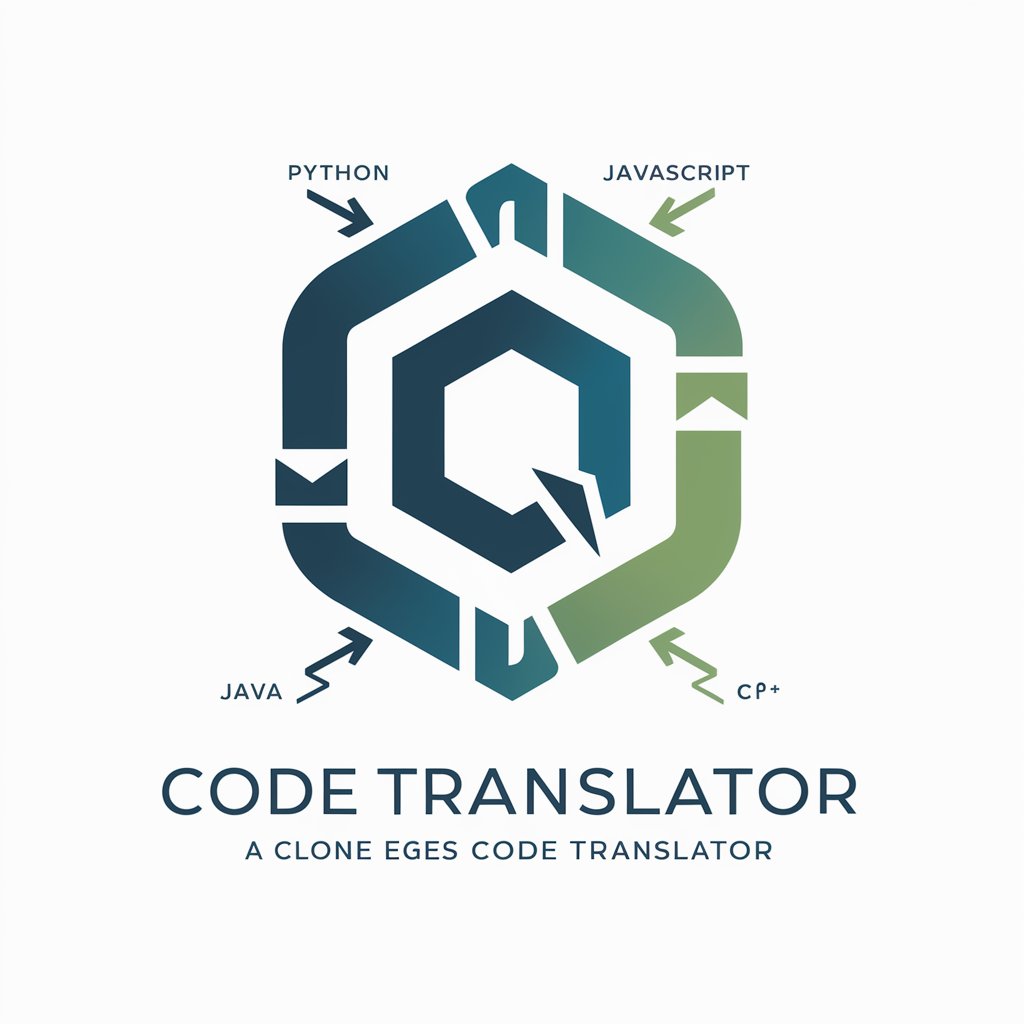
Frequently Asked Questions about Clinical Decision Support GPT
What type of medical information can Clinical Decision Support GPT provide?
This tool offers in-depth, evidence-based insights into various medical conditions, potential diagnoses, treatment options, and recent medical research findings.
Can Clinical Decision Support GPT replace medical professionals?
No, it is designed to supplement professional medical advice, not replace it. Users should always consult with healthcare professionals for clinical decisions.
How accurate is the information provided by this tool?
The tool strives for high accuracy by using up-to-date medical data and research, but accuracy can vary and it's not infallible.
Is Clinical Decision Support GPT suitable for educating medical students?
Yes, it can be a valuable educational resource for medical students, offering detailed explanations and current medical knowledge.
Can this tool assist in rare or complex medical cases?
Yes, it can provide insights on rare conditions and complex cases, but its suggestions should be validated with clinical expertise.
